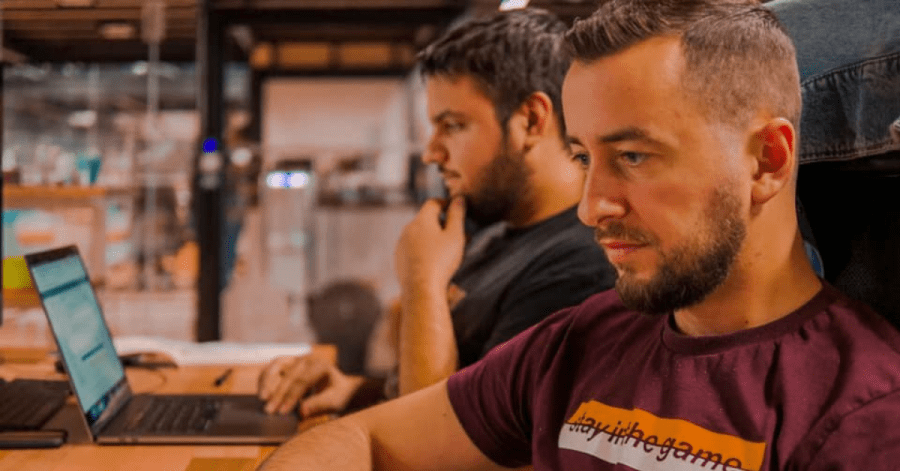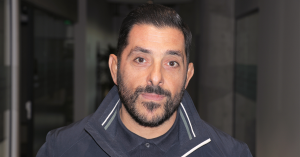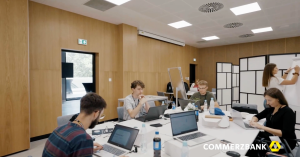How does a self-taught programmer make it to the top of Apple’s best-paid apps? What goes into the development of successful apps, and what does a founder of an app development agency have to say about the trends, challenges, and opportunities in the Dev industry?
To find out the answers to these questions, The Recursive talked to Ivan Iliev, the founder, and CEO of Eden Tech Labs, a digital product development company that focuses on building apps with a lasting user experience. Iliev talked about his personal entrepreneurial journey and shared advice on how to go about building and managing a service company, and how to develop apps that solve real problems.
A passion turned into a profession
Being born and raised in a family of entrepreneurs, Iliev shares that he learned the craft from his parents. Even though their business had nothing to do with software and programming, he gained the practical knowledge and skills needed for managing a business. From a young age, he knew that he wanted to do something with technology and when more resources, tools, and information became accessible for self-taught programmers, he began pursuing his passion. Around 2014, while still in university, he began working for his parents and developed a process optimization software for their business. Iliev shares that he received the inspiration to get into app development when he stumbled across the story of a young boy who developed an app, released it on the AppStore and was able to make money out of it.
“Parallel, I started talking to Georgi Kadrev from Imagga, the closest person to me who had experience in software development. Imagga was invited to a hackathon in Austria and Georgi suggested that we go together. Since the theme of the competition was to create ‘Shazam for cars’, Georgi would work on image recognition and I would tackle the app development part.” We won the hackathon and started working for the car retail corporation that organized it.
At this point, they began developing an idea for an image tagging and categorization software which, however, did not have financial success and they abandoned the project. In 2017, Iliev moved on to working with the US company PlantSnap, the first client project of Eden Tech Labs. The app, which has more than 7M downloads and ranked among the best-paid apps in the AppleStore for 2018, allows users to identify all kinds of plants in real-time with 90% accuracy.
Iliev notes that Imagga has been the main partner of Eden Tech Labs ever since the beginning. Since he bootstrapped the company, the team of the app development agency, which currently consists of 8 people, began expanding only after Iliev started working on PlantSnap and was able to gain some inertia.
App development projects and future plans
Going into a little bit more detail about PlantSnap, Iliev shares that he started working on this project when the company consisted of only 1 team member – himself. Initially, PlantSnap started off as the repurposed version of the solution which he and Kadrev developed for the hackathon. The challenge they faced was to figure out how to make a highly complex image recognition model user-friendly in a consumer product. He notes that at the beginning, users could not understand how to use the app, so they had to iterate and add another image recognition layer. With this, PlantSnap combined object detection and image recognition and became intuitive.
When the product switched from a paid version to a freemium version, the downloads skyrocketed which led to another challenge. “The problem was that I developed the app with not so polished technical skill, led by the mindset that it has to be functional for around a hundred users. So, we had to transform that to become usable by millions of users.”
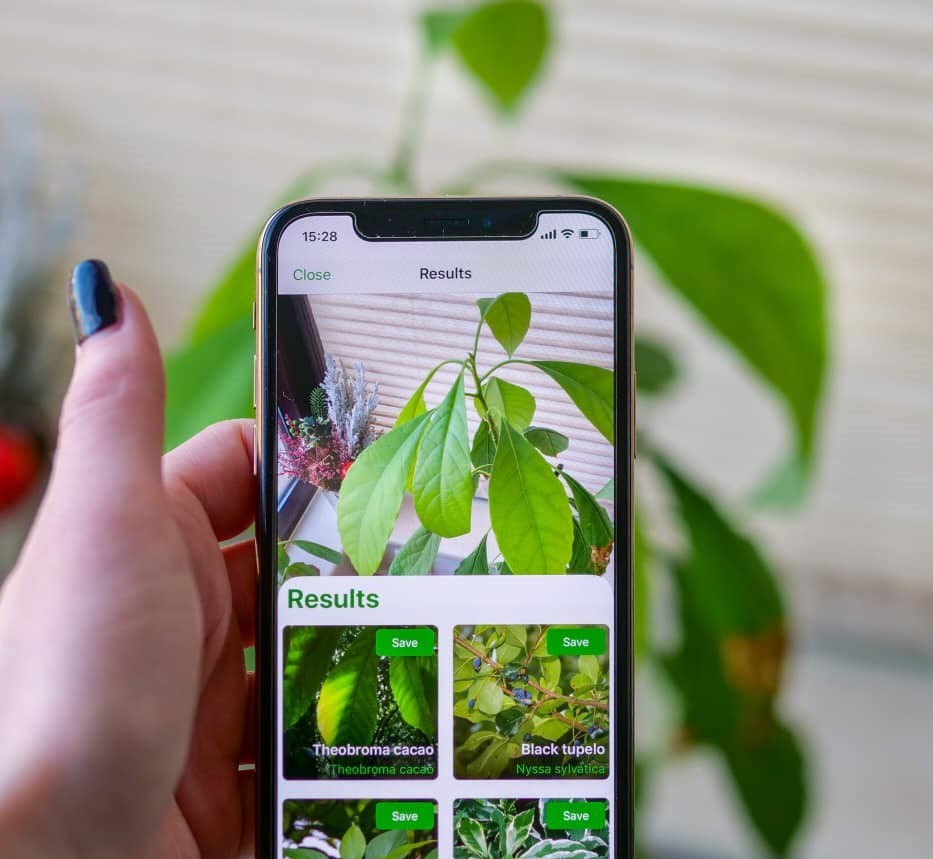
Right now they are working on another client project in the fitness industry. Their product aims to solve the main problem of training for personal wellness – accountability. Having worked on client projects for some years, the team of Eden Tech Labs is now returning back to the development of its own products. Working on client projects gave them an opportunity to learn how to make technically functional products become attractive to the users. The latest product of the app development agency, Eden Photos, which it recently launched for user validation is an internal project that combines tagging and categorization for all kinds of photos. The vision that Eden Tech Labs has about the project is for it to become the central catalog of all photos, and then expand into becoming a central catalog for all kinds of files.
Tech and product trends in the app development industry
“One trend that we have observed in our work for clients, is that there is increasing usage of cross-platform solutions at the expense of native products. Often developers create a product on a cross-platform framework and when the product reaches a certain stage, they turn to native technologies. This happens because usually cross-platform frameworks become an obstacle for further development,” Iliev explains.
But what are actually cross-platform solutions and why do they exist? The first such solution that became popular, as Iliev elaborates, was an internal project of Facebook. React Native was born out of the need for Facebook to transition from web-only to a mobile-first product. However, as it had initially hired thousands of web engineers, it faced the challenge of figuring out how to find so many new mobile developers and what to do with its web developers. So Facebook developed this framework which works with Javascript to allow web developers to write mobile applications. Right now, the other such popular platform is built by Google and is called Flutter. The idea of Google is to create an all-in-one framework that can be used for the development of iOS, Android, and Web applications.
According to Iliev, the long-term effect of this trend is that it will become more and more difficult for service companies to hire native developers. “Usually, they are already hired in product companies, so in the future, it is likely that service companies will be increasingly working with cross-platform frameworks,” he adds.
From the product side, Iliev notes that now the main trend is that companies focus on the development of more niche and community-based products. He explains that oftentimes developers aim to create a product that solves a global problem, but in order to become successful at that, they need to first focus on a specific niche. Only after they have validated and found a good product-market fit vertically, should they expand horizontally.
Additionally, creator economy or community-based products are starting to attract huge attention, and many companies are starting to transform their offerings into products for the creator economy. “Twitter, for example, introduced monetizing features in their app so that users who want to monetize their communities can do it directly over Twitter. My expectation is that these trends will spread over other sectors as well,” exemplifies Iliev.
The role of AI in app development
Iliev says that the main role of AI in mobile app development is that it allows problems with unknown input to be solved. As in any other industry, he believes that AI will have an ever-increasing role in app development. “Right now it is still considered a niche technology that is used by big companies with enough resources to develop it in-house. However, developers should stop thinking about how to use AI in all of the applications, and instead figure out how to make AI more accessible for non-tech people. Just as WordPress is used on a mass scale for website building, someday the same “drag and drop” model will be used for AI app development,” he comments.
When it comes to the fail-safe formula for developing apps, Iliev shares that there are three important steps: focusing on a real problem, listening to your users so that you keep solving their real problems, and being prepared to iterate fast. “Nowadays, many people focus on entertainment instead of creating something that solves a real problem. So, instead of asking themselves ‘How cool would it be if..?’ developers and founders should ask themselves ‘Why does it matter, and who cares?’
The founder’s lessons learned
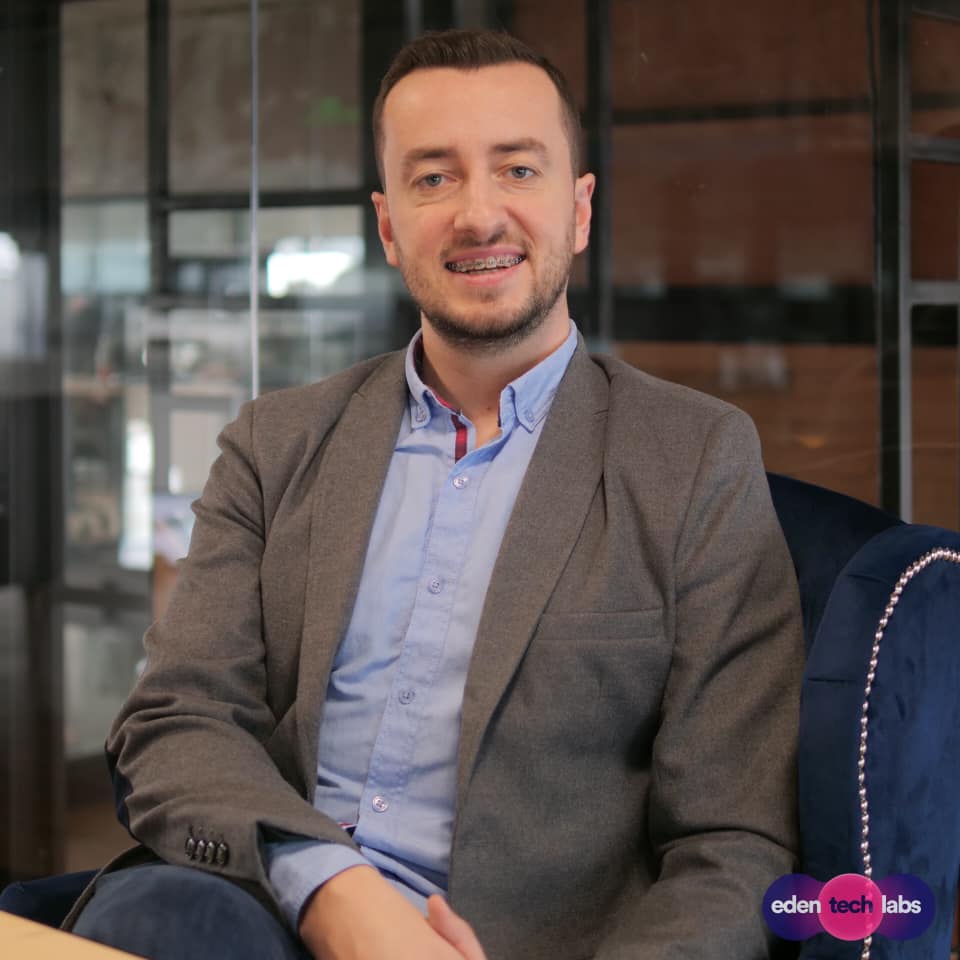
The sole development of a product that is technically functional is different from finding a product-market fit. This is the main difference between working on clients’ projects and developing your own product.
It is difficult to start earning revenue and become financially sustainable without external investments when you are developing a consumer app. B2B apps are more easily monetizable and can develop over time without external investments.
Hiring practices have a great impact on the development of a young company and it is important to understand the dynamics of the markets you are in. In the service industry, for example, even though service companies tend to hire junior talents to have higher margins, hiring senior talent is crucial for keeping up with the demand and producing quality output for your clients.

